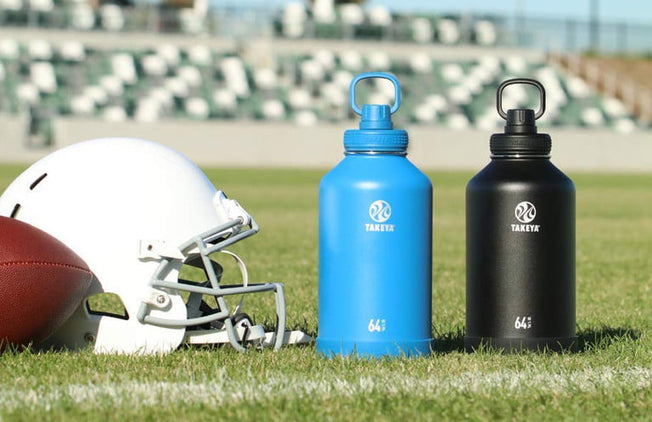Ask any new mom what an ideal day to herself might look like and you could expect something that includes all or some of this: a full night's sleep, a quiet room, a long bath, a yoga class. I didn't *quite* understand just how attractive a "day off", or heck, even a few hours to myself, looked until giving birth to my daughter a few months ago. Quickly, I learned that while fun and rewarding, being a new mom can also be stressful, like seriously stressful.
"Your body and brain have an automatic stress response, the fight or flight response," explains Wendy N. Davis, Ph.D., executive director of Postpartum Support International. "When you're stressed, you're flooded with stress hormones like cortisol and adrenaline, which affect how you feel, think, and move." Read: Not great for when you're trying to deal with sleep deprivation, diaper changes, and tears. (Related: How Anxiety and Stress Can Affect Your Fertility)
The good news? You also have an automatic relaxation response, too. "When you use de-stressing techniques, fight or flight chemicals are replaced by the opposite — hormones and neurotransmitters such as serotonin, oxytocin, and endorphins," says Davis. "You're not just thinking happy thoughts, you are changing the chemistry and messages in your brain."
Fortunately, activating this relaxation response doesn't take much time and can even be done when you're with your baby. Here, a few ways I've found relief from stress as a new mom—plus why these simple steps can help you find some much-needed zen.
2. Hydrate.
Fun fact: Did you know breast milk is about 87 percent water? That's likely why new moms feel really thirst every time their baby feeds. Staying hydrated is a priority for not just my physical health, but mental health, too. Even as little as 1 percent dehydration has been linked with negative mood changes. So when I start to feel on edge, and I recognize that sleep deprivation isn't the only culprit, I simply fill my water bottle back up.
FWIW, there's no set amount that you're supposed to drink more when nursing: The American College of Obstetricians and Gynecologists (ACOG) simply recommends drinking "plenty" of water and more if your urine is dark. For me, Nuun electrolyte tablets that I dissolve in water have been a game-changer as well as an insulated water bottle to keep it cold (I like Takeya bottles because they're easy to sip from and hard to spill).



